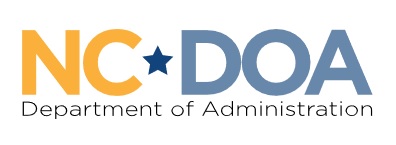
Special to Iredell Free News
RALEIGH — The Andrea Harris Social, Economic, Environmental, and Health Equity Task Force convened on September 2 to discuss potential recommendations to address and improve the social, environmental, economic, and health disparities in communities of color disproportionately impacted by COVID-19.
An overview of the initial proposals from subcommittees is available on the Department of Administration’s Task Force webpage.
PUBLIC COMMENT ON PROPOSED SUBCOMMITTEE RECOMMENDATIONS
The Task Force’s next action will be to hear comments from the public to inform the next steps in the recommendation development process. The listening sessions will be held September 15, 22 and 29. The full schedule can be viewed HERE.
Members of the public can sign up for a two-minute time slot HERE to offer input on recommendations related to the five focus areas.
Once individuals sign up, they will receive a link to log on to and participate in the session.
The public comments session can also be streamed live on the N.C. Department of Administration’s YouTube channel.
Additional public comment sessions will be announced in the future and North Carolinians can also make their voices heard by submitting written comments via this form.
Established under Governor Roy Cooper’s Executive Order No. 143, the Task Force is comprised of five subcommittees targeting core areas including Access to Healthcare, Economic Opportunities and Business Development, Educational Opportunity, Environmental Justice and Inclusion, and Patient Engagement.
About the Andrea Harris Social, Economic, Environmental, and Health Equity Task Force
Established under Executive Order No. 143, the Task Force addresses the social, environmental, economic, and health disparities in communities of color disproportionally impacted by COVID-19. The Task Force is named in honor of the late civil rights activist, Andrea Harris, who dedicated her life to eliminating disparities in North Carolina, co-founding the non-profit Institute of Minority Economic Development in Durham and serving on the state’s Advisory Council for Historically Underutilized Businesses.



